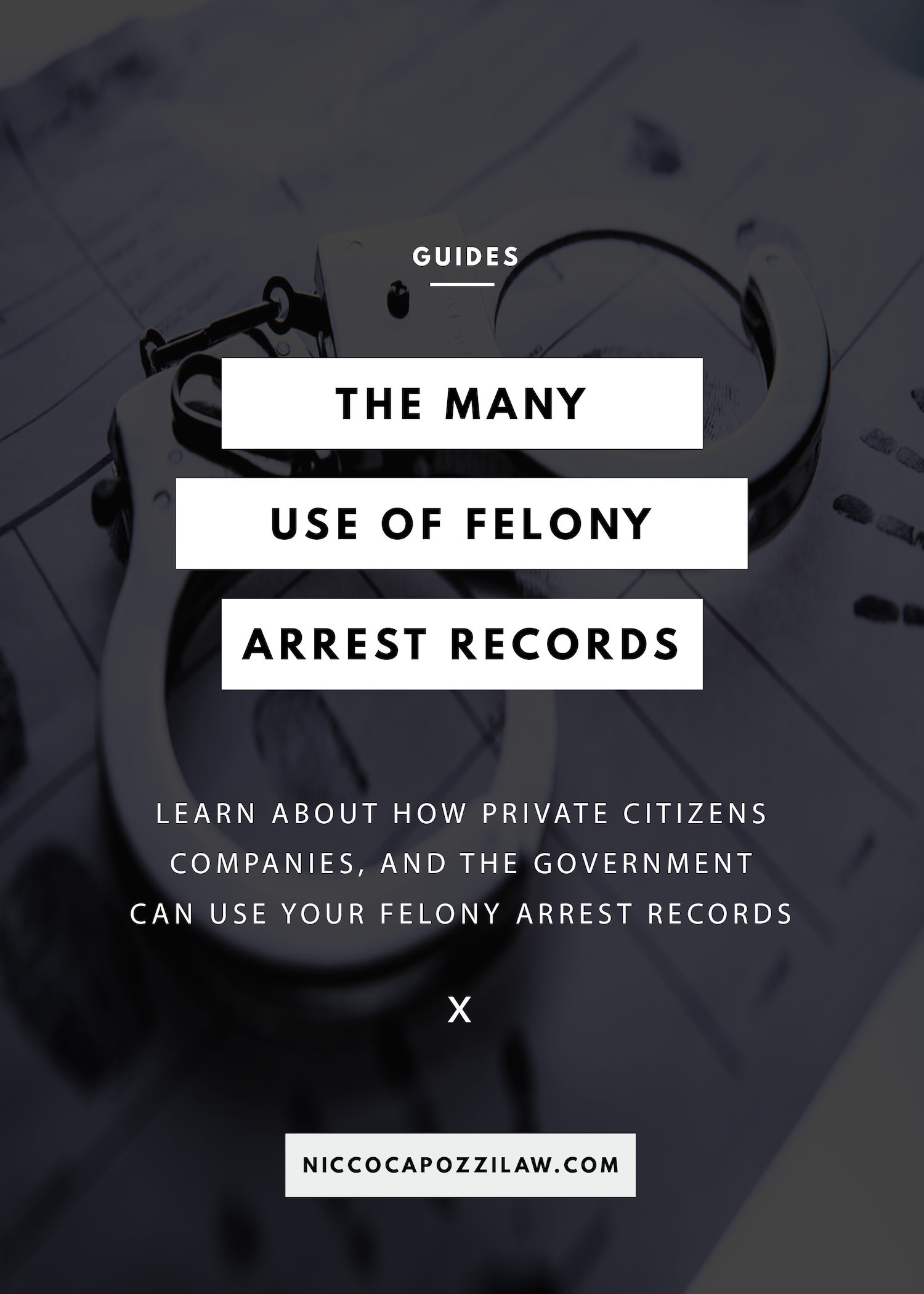The United States Supreme Court will soon decide the issue about whether law enforcement officials may access and inspect hotel registries without any prior judicial approval or without a warrant. In question is a Los Angeles local ordinance that allows police to do just that. Many other cities also allow the practice.
This past December the Ninth Circuit Court of Appeals struck down the Los Angeles law -- the appellate court held that such an "inspection" violated the Fourth Amendment ban on unreasonable searches. The Fourth Amendment requires that all searches and searches be conducted after a warrant is obtained. Of course there are a few exceptions to the warrant requirement.
According the popular and well-researched SCOTUSblog, there are two main legal issues in the case: "whether hotels have any commercial privacy interest in their guest records, and whether, if they do, police must first get a court’s permission before examining those documents." According to Los Angeles city attorneys, the law allowing the inspection “expressly help police investigate crimes such as prostitution and gambling, capture dangerous fugitives and even authorize federal law enforcement to examine these registers — an authorization which can be vital in the immediate aftermath of a domestic terrorist attack.”
While the Fourth Amendment requires warrants to search and seize in most cases, courts have interpreted the amendment broadly. Courts primarily focus on the "reasonableness" of the search or seizure. That is, if after review of all the facts and factors of the particular search or seizure in question it concludes that the search or seizure was reasonable then generally the court will not invalidate the search or seizure. For now and until the high Court decides the issue just be weary of information you provide to hotels or motels because the city you are visiting might, at one point, give that information to law enforcement without a warrant.






